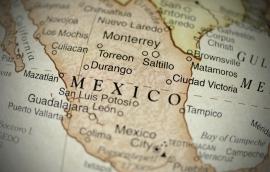Understanding the Problems and Obstacles of Corruption in Mexico
Corruption is a complex social, political and institutional problem that is difficult to define. This brief describes the challenges involved in defining, understanding and measuring corruption and evaluates the case study of Mexico, where corruption has increased in recent years, to illustrate these complexities.
José Iván Rodríguez-Sánchez September 13, 2018







